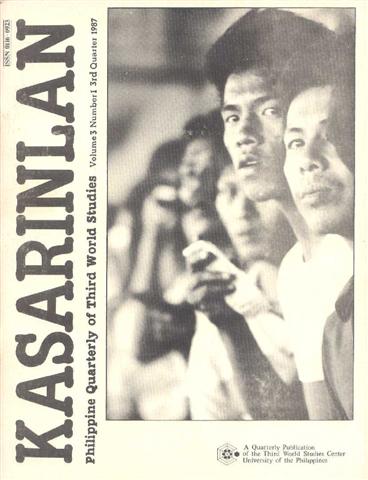Democracy and the Revolutionary Process in Nicaragua
Abstract
Two main lines of reflection are important about Nicaragua. The first one consists in understanding how from a situation of economic dependence, of underdevelopment as a way of life, and of political dictatorship. The second one is linked with the conditions of war that has been prevailing since 1981. The Nicaraguan Revolution, which was led by the Sandinist Front, envisaged transformation as a complex of political, economic, and cultural revolutions. Majorities, who were previously excluded in the various social processes, are now at the center of the national and social reconstruction. The upper middle class has increased with the revolution. Cultural expressions, an essential in social transformation, have been changed with the production of popular poetry, theatre, music, and painting. Conflict between the State and the Catholic Church has been very acute.
Published
2007-11-29
Issue
Section
Features
By submitting a manuscript, the authors agree that the exclusive rights to reproduce and distribute the article have been given to the Third World Studies Center.



